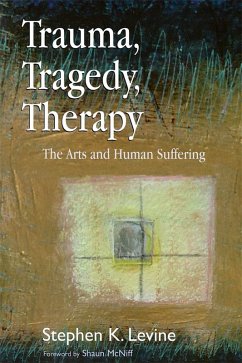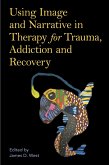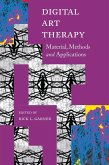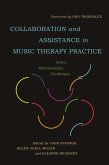Stephen K. Levine's new book explores the nature of traumatic experience and the therapeutic role of the arts and arts therapies in responding to it. It suggests that by re-imagining painful and tragic experiences through art-making, we may release their fixity and negative hold on our lives and resist the temptation to assume the role of the victim. Among the many concerns that the book addresses is the damage done by the tendency to adopt stock methods of understanding and superficial explanations for the depths, complexities, wonders, and exasperations of human experience. The book explores the chaos and fragmentation inherent in both art and human existence and the ways in which memory and imagination can find meaning by acknowledging this chaos and embodying it in appropriate forms.
The book builds on the important theories of Stephen K. Levine's previous book, Poiesis: The Language of Psychology and the Speech of the Soul, also published by Jessica Kingsley Publishers. It challenges dominant psychological perspectives on trauma and provides a new framework for arts therapists, psychotherapists, psychologists and social scientists to understand the effectiveness of the arts therapies in responding to human suffering.
The book builds on the important theories of Stephen K. Levine's previous book, Poiesis: The Language of Psychology and the Speech of the Soul, also published by Jessica Kingsley Publishers. It challenges dominant psychological perspectives on trauma and provides a new framework for arts therapists, psychotherapists, psychologists and social scientists to understand the effectiveness of the arts therapies in responding to human suffering.
Dieser Download kann aus rechtlichen Gründen nur mit Rechnungsadresse in A, D ausgeliefert werden.









